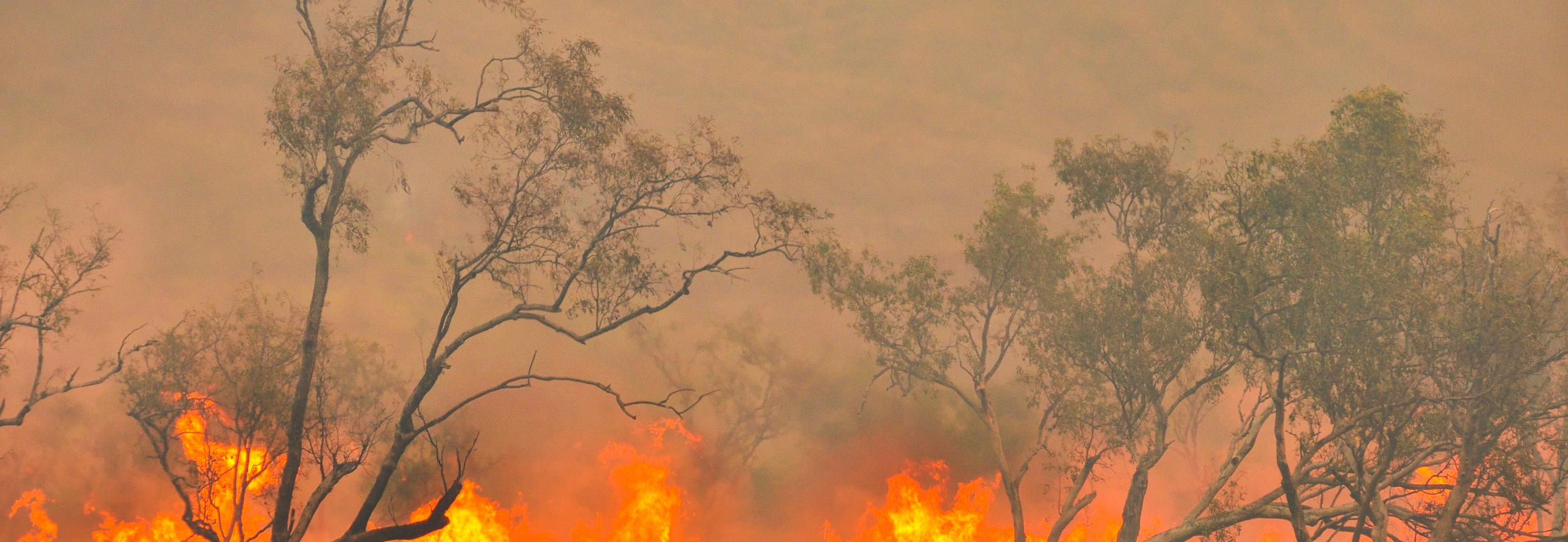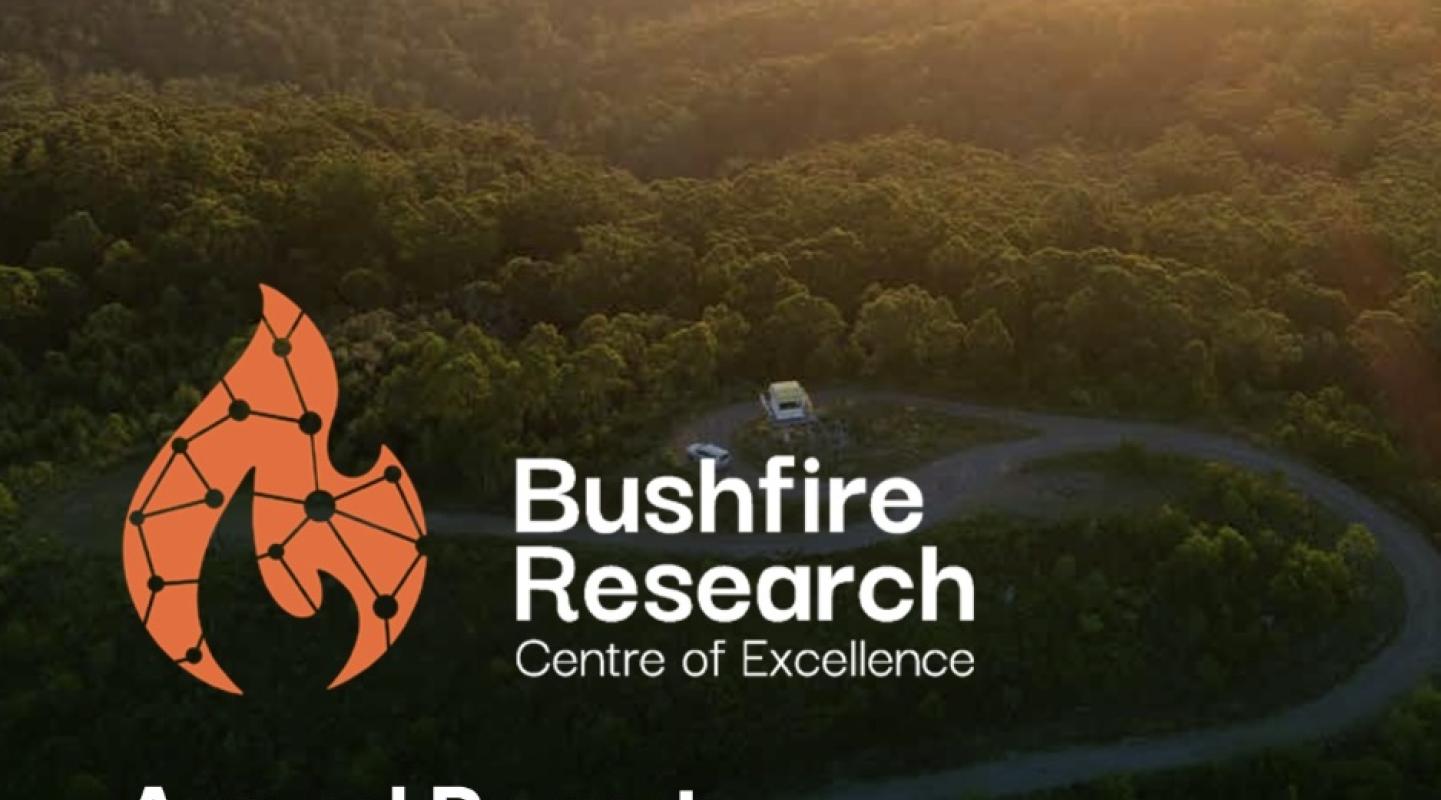
The Australian National University and its partners have developed a Resilience Mission to provide landscape flammability risk data at a continental scale to support effective planning and preparation.
Over the past three years, ANU has made major investments in developing a new spaceborne sensor, OzFuel. This sensor has been designed to be sensitive to leaf-level flammability traits in eucalypt trees as well as being capable of detecting changes in the flammability traits of other bushfire fuels. With the data provided by the OzFuel sensor, we can mitigate fire risks by knowing where the fuel is, how much there is, how dry it is, and what the risk is to communities.
The Resilience Mission will be a satellite mission with the OzFuel sensor as its payload to provide the nation with the most cost-effective way to measure the daily to weekly changes of bushfire risk over the whole of the Australian landmass, as well as on a global scale.
The Resilience Mission aims to utilise the OzFuel advanced sensor system to acquire high spatial, spectral, and radiometric resolution data. The mission will provide this data freely to anyone involved in assessing bushfire risk, predicting fire behaviour, informing suppression efforts, planning prescribed burns, and other users to make our communities more resilient.
Mission goals
Develop, test, and deploy a satellite that will monitor forest flammability, thereby protecting Australia from catastrophic bushfires and informing fire management and response operations
ANU team
- Associate Professor Marta Yebra
- Professor Rob Sharp
- Dr Nicolas Younes
- Dr Joice Mathew
Milestones
- In 2023 the ACT Government and SmartSat CRC made a matched-funding contribution of $1 million, to establish an ACT space research and development partnering program.
- The ANU Institute of Space and industry partner EOS Space Systems will receive $1.3 million to contribute to the Resilience Mission Project, with the development of the OzFuel payload, a space-based sensor platform that will assist in bushfire prevention, detection, mitigation, and resilience. Currently, fire management is dependent on an ageing fleet of foreign satellites that are not designed for monitoring Australian ecosystems and their associated fire risk. This project will develop the critical optical telescope subsystem for OzFuel and develop the scientific know-how to convert the spectral data it acquires into actionable instructions on the ground that can be used for bushfire mitigation.
- The OzFuel Phase A Concurrent Design Facility Study report was released in November 2022. This report, funded by the SmartSat CRC, outlines the technical design and payload options for the OzFuel-1 mission. Twenty-eight experts from ANU and other organisations participated in the five-day study.
- The OzFuel team also undertook a field campaign in 2022 to verify and validate preliminary remote sensing requirements and to measure biochemical properties of eucalypts over time. This data will help verify sensor designs, design the data products for the mission, and provides input for machine learning algorithms. In addition, the teams designed and started a drought experiment to understand how eucalypt trees respond to drought conditions.

Breaking news
Bushfire Research Centre of Excellence annual report
28-10-2025As bushfires grow more frequent and complex, the need for integrated, science-driven solutions has never been greater. This year’s report showcases how the Bushfire Research Centre of Excellence, through partnerships across government, emergency services, research, and industry, is demonstrating and developing the technologies that will underpin a more intelligent and connected fire management system for Australia.